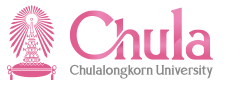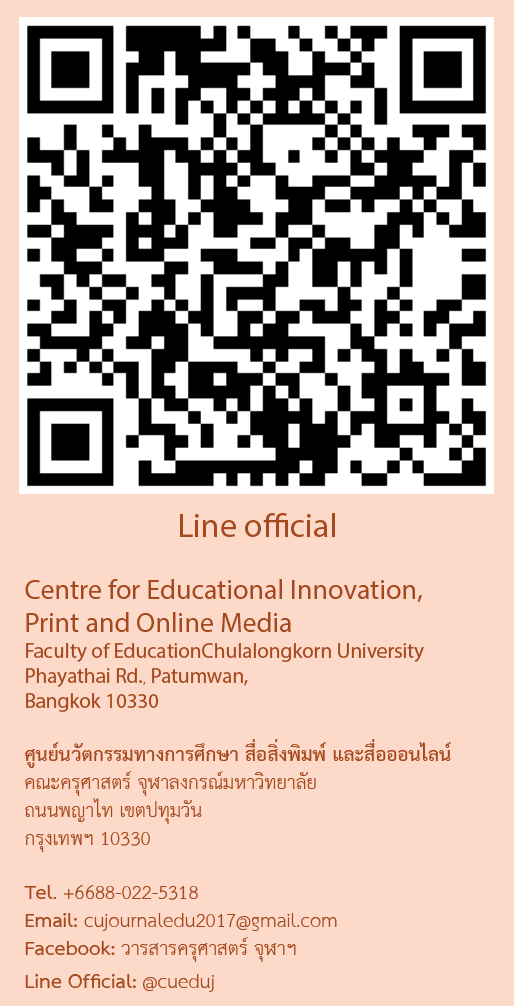Abstract
This paper takes the vocabulary of 12 volumes of Huawen Keben compiled in Thailand in the 1960s as the research object. At that time, the author did not find any vocabulary compilation standards for Chinese textbooks in Thailand. So, this paper has to reluctantly use modern theoretical standard The Graded Syllables, Characters and Words for the Application of Teaching Chinese to the Speakers of Other Languages as the research base, even though they are in different eras, but it has the same purpose that using for Oversea Chinese. This paper mainly adopts a combination of quantitative and qualitative research methods. The study found that the characteristics of all words is with more vocabulary at the elementary level and intermediate level, less vocabulary at the advanced level, and the largest are off-list vocabulary. We can find the reasons were obtained. Firstly, due to the influence of Thailand's strict restrictions on Mainland Chinese teaching at that time, the editor was asked not to introduce socialist China. So, the vocabulary are influenced by the Chinese languages of Hong Kong and Taiwan, and some. Secondly, the principles and habits of vocabulary selectionintextbooks are different from those in modern times. Thirdly, under the influence of the Chaoshan dialect in Thailand, some Chaoshan dialect vocabulary appeared. All these reasons have resulted in the phenomenon that there areoff-list vocabulary in Huawen Keben.Finally, it can also know that this set of textbooks is published for Chinese descendants to learn Chinese, not for international students.
Publisher
Faculty of Education, Chulalongkorn University
DOI
10.58837/CHULA.EDUCU.50.3.6
First Page
1
Last Page
12
Recommended Citation
Zhang, Junxi; Keawsuwan, Chatuwit; and Numtong, Kanokporn
(2022)
"Lexical Analysis Based on the Corpus of Huawen Kebena,"
Journal of Education Studies: Vol. 50:
Iss.
3, Article 7.
DOI: 10.58837/CHULA.EDUCU.50.3.6
Available at:
https://digital.car.chula.ac.th/educujournal/vol50/iss3/7


